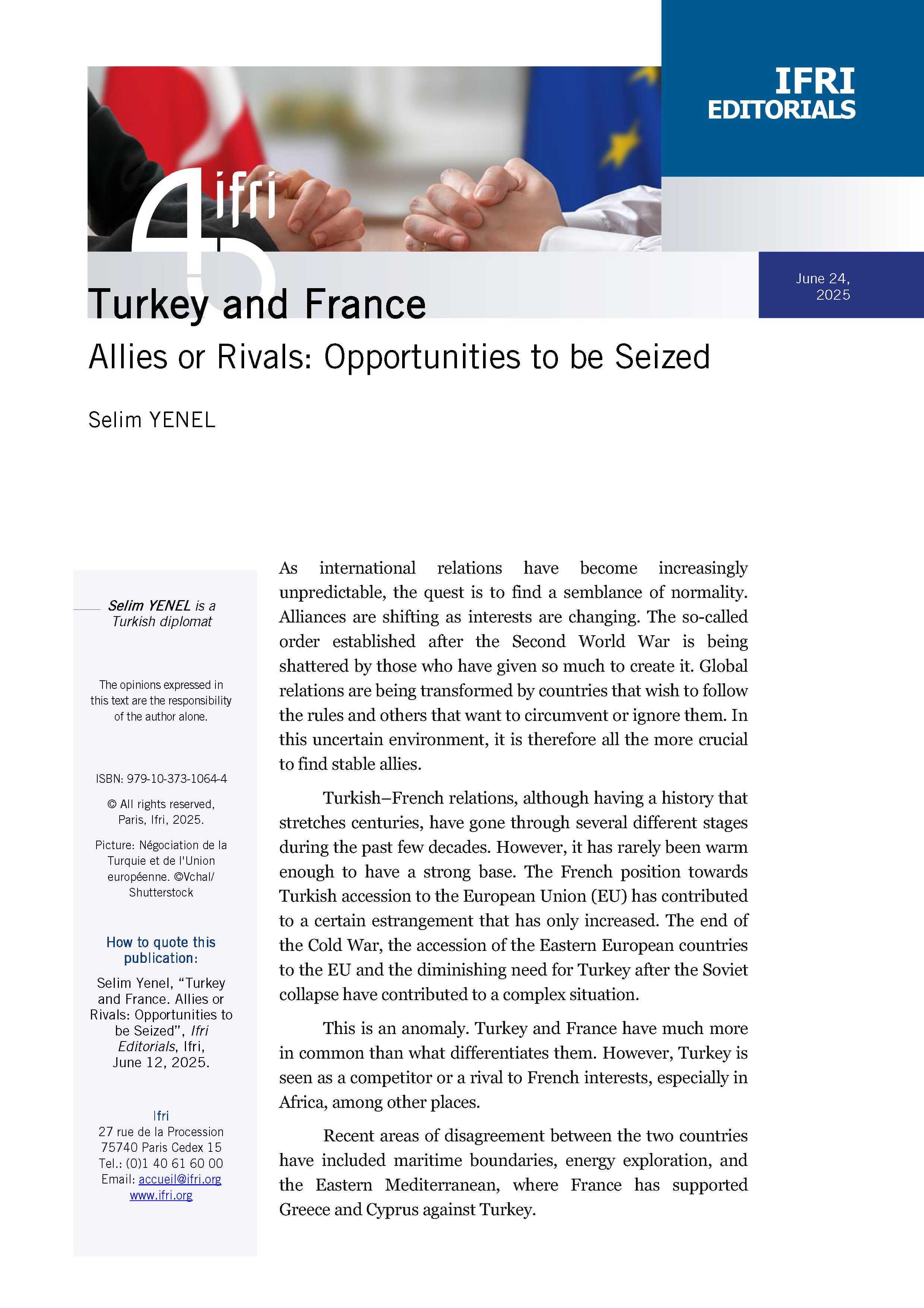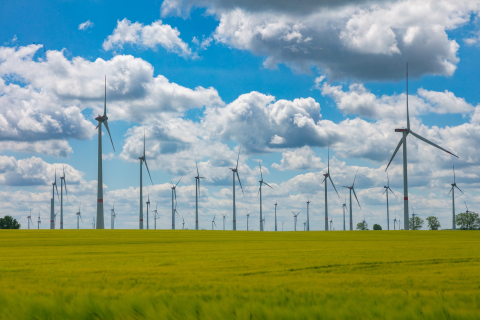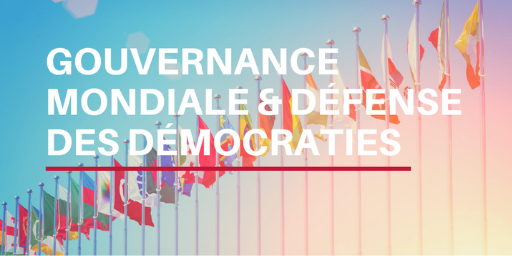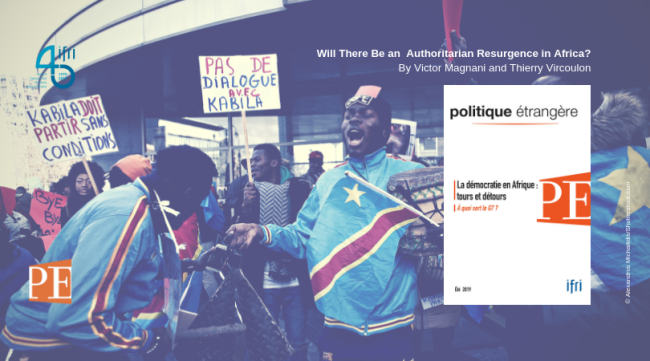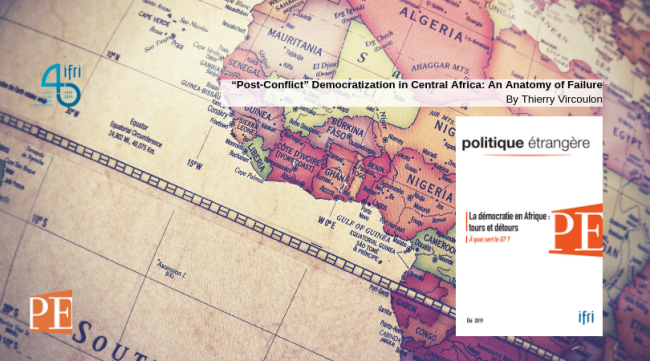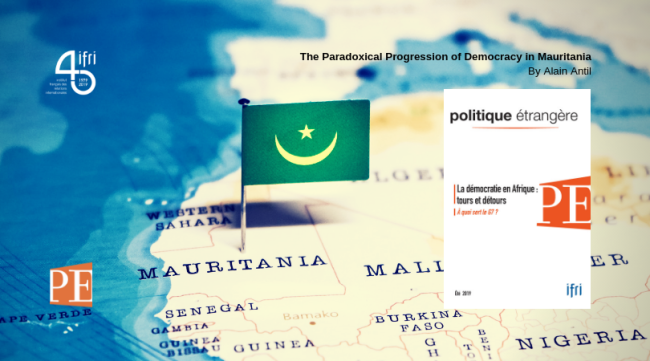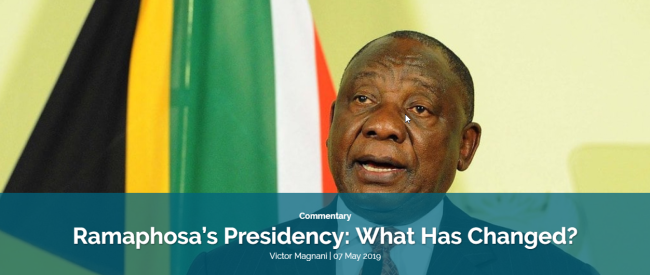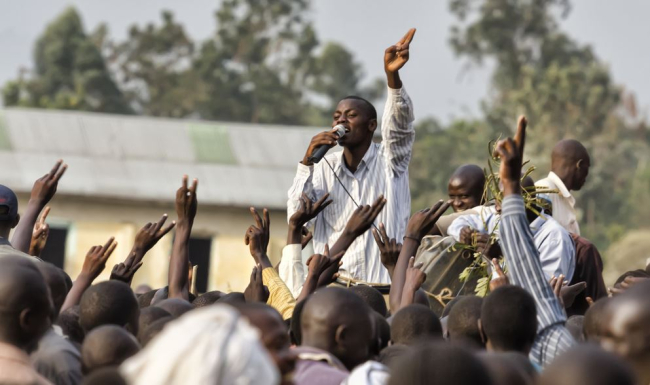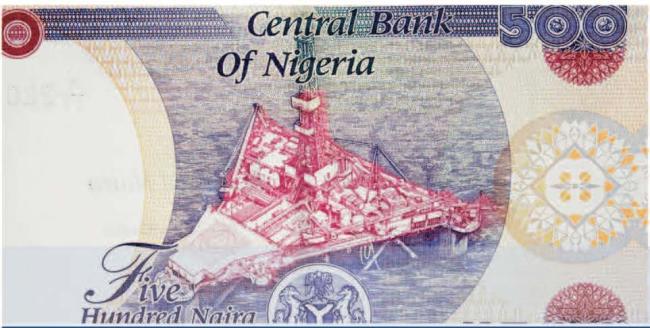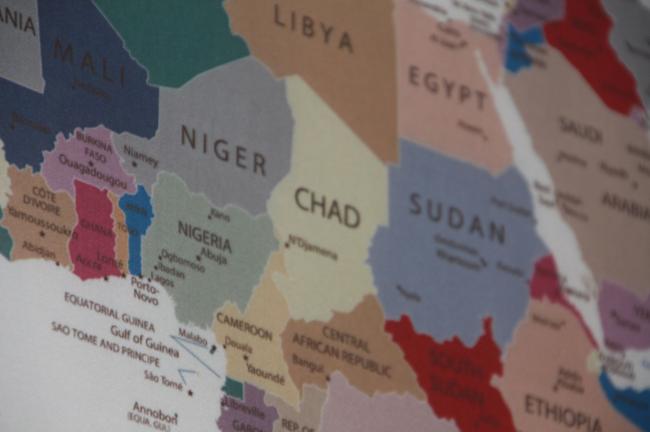Sub-Saharan Africa
Sub-Saharan Africa is not monolithic. While crises in the Sahel have attracted a great deal of attention, other regions also need to be monitored, and not just through the prism of security.
Related Subjects

Ramses 2026. A New Chessboard
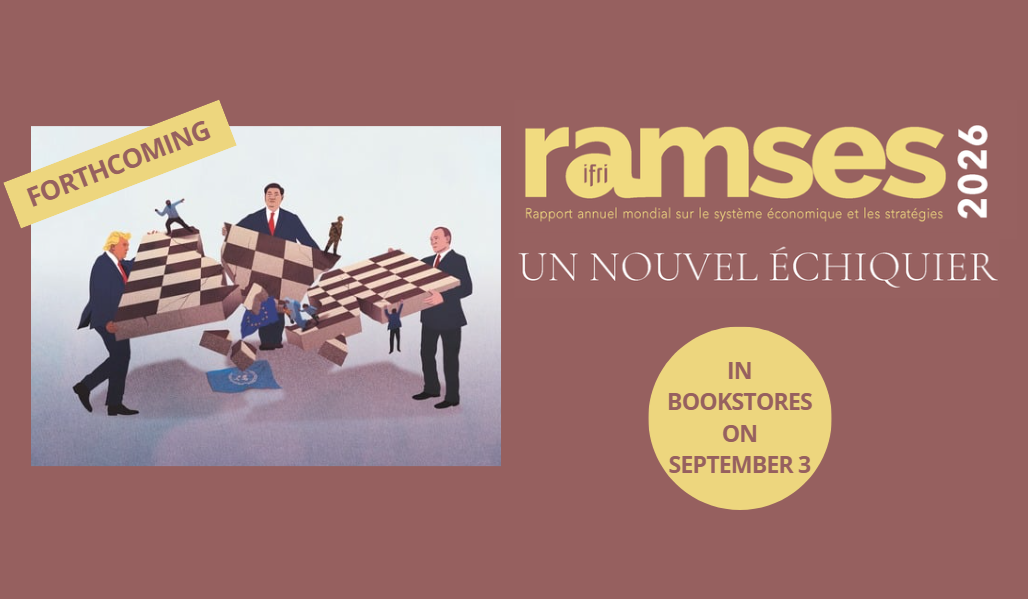
A world chessboard chopped up by the vertigo of power...
A Global Governance That Protects? Global governance and the defence of democracy
Global governance emerged to deal with the gap between the plurality and diversity of states and the collective and transnational nature of increasingly complex global affairs.
What is the state of democracy in Africa?
An interview with Olusegun Obasanjo, former President of Nigeria.
Will There Be an Authoritarian Resurgence in Africa?
Elections are held on a regular basis in various African countries, but democracy is far from flourishing.
"Post-Conflict" Democratization in Central Africa: An Anatomy of Failure
To create a political shift that draws a line under conflict once and for all, it is not always enough to draft a democratic constitution and call elections.
The Paradoxical Progression of Democracy in Mauritania
Mauritania's political system displays certain democratic qualities that go some way to meeting international standards.
Ramaphosa’s Presidency: What Has Changed?
On the eve of the 25th anniversary of democracy in South Africa, the African National Congress (ANC) still holds power in a nearly hegemonic way. Nevertheless, the popularity of the party is decreasing while economic and social inequalities are deeply entrenched in the country.
Cooperating with African Armed Forces
Nowadays, numerous actors are involved in military cooperation programs aiming to strengthen African armed forces and build special partnerships.
A Democratic Middle Class? Testing a Common Notion in Uganda
The middle classes have at times been heralded to be a guarantee for democracy. Studies that find a positive correlation (which should not be confused with causation) often use national economic data as a proxy for class and compare it to the current regime type.[1]
Oil rent and Corruption : the case of Nigeria
This study analyses the various mechanisms that explain the leakage of the main source wealth in Nigeria at all levels of the production and commercialization of oil and gas, from the wellheads, with the bunkering of pipelines, up to the export of crude oil and the import of refined products, including through capital flight to tax havens.
The Niger-Libya Border: Securing It without Stabilising It?
Often described as an “ungoverned area”, the Niger-Libya border is nevertheless at the centre of major economic, political and security challenges. Both the Libyan authorities and the Nigerien state are struggling to establish tight control over this particularly isolated area.
Support independent French research
Ifri, a foundation recognized as being of public utility, relies largely on private donors – companies and individuals – to guarantee its sustainability and intellectual independence. Through their funding, donors help maintain the Institute's position among the world's leading think tanks. By benefiting from an internationally recognized network and expertise, donors refine their understanding of geopolitical risk and its consequences on global politics and the economy. In 2024, Ifri will support more than 70 French and foreign companies and organizations.



